-
CreatorTopic
-
03/08/2017 at 1:27 pm #6783
-
CreatorTopic
-
AuthorReplies
-
-
05/24/2017 at 11:46 am #7227
Oluwatobi
Memberinformation technology such as the social media etc has evolved and individual into access to quick relevant and reliable information retrieval, it simply means that the social media is termed as information at your finger tips. As i manage NEW HIV VACCINE AND MICROBICIDE ADVOCACY SOCIETY’S (NHVMAS) instagram handle i have been able to communicate with people without initially seeing them and has gone a long way in timeliness of information and has therefore minimized the level at which information explosion is experienced. further more using the bluejean application has also made video conferences very reliable and has also brought me closer to ANNE now i know how she looks and i have had the opportunity to chat with her. my saying goes no information no life.
-
05/13/2017 at 10:39 am #7171
 Zithelo PrinceMember
Zithelo PrinceMemberThe use of WhatsApp and Facebook works as an advertising and feedback platform for us as we inform stakeholders about upcoming events as well as post pictures to give feedback as to how an event unfolded.
-
05/05/2017 at 7:39 pm #7131
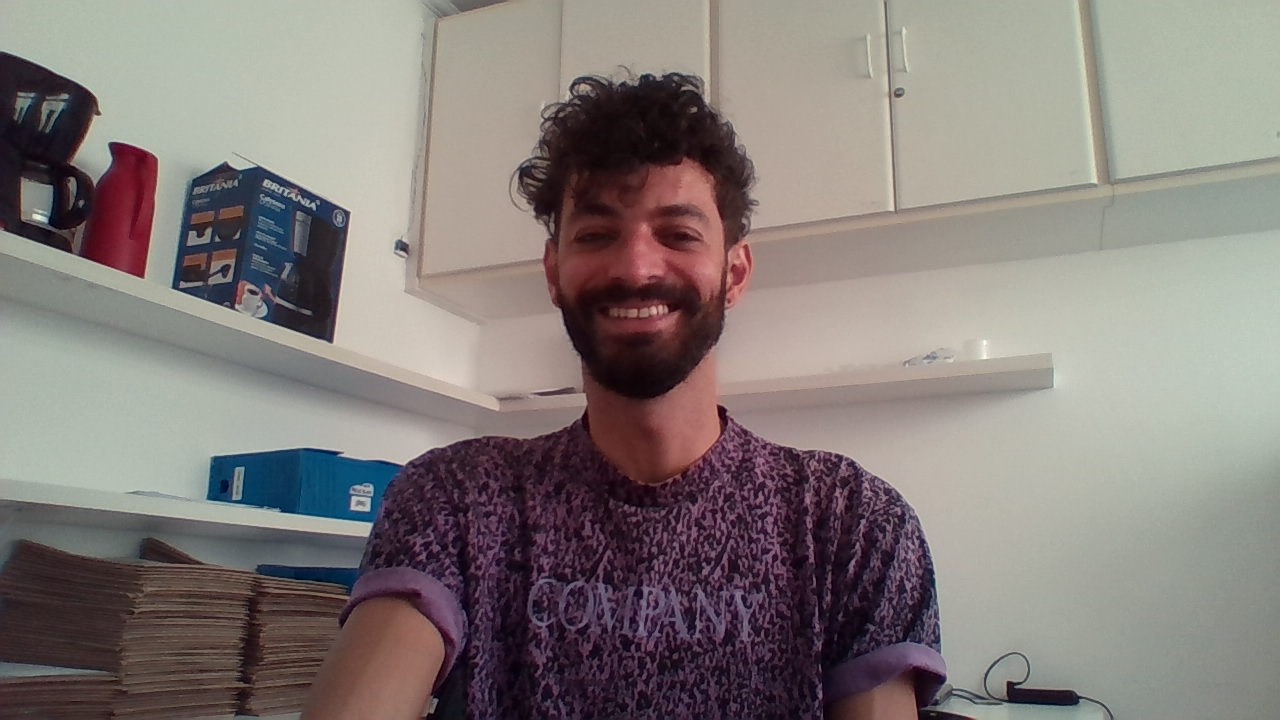 CaruéMember
CaruéMemberWe had not activated our social media channels yet, but we plan to do it soon, in order to build a relationship of our research site with general public and attract audience with interest in HIV science, prevention and human rights. Our goals are building reputation and trust, disseminating our events and advertising our studies for recruitment.
-
04/07/2017 at 1:45 pm #6947
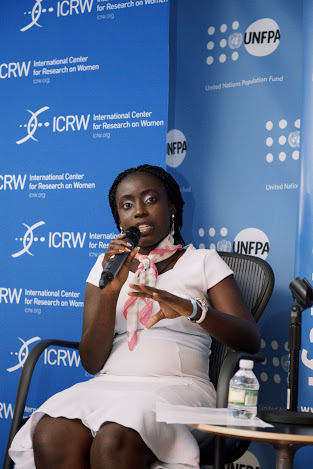 ELIZABETHMember
ELIZABETHMemberThe social media is a very powerful too in bridging communication gap among various stakeholders in a research. It is a great way of cutting down on cost be it through platforms such as facebook, whatsapp, skype and others. The only challenge which we face is the issue of network and data fees but which I feel can still be handled. It is imperative to know that the cost benefit analysis of using the social media as a communication tool has more benefits compared to the cost. For those who are yet to explore this opportunity, I would strongly advise that we include this in our strategies in our research programs.
-
03/29/2017 at 7:41 pm #6913
 OrobosaMember
OrobosaMemberThe importance of social media as a communication tool especially in stakeholders engagement cannot be overemphasized. We engage several stakeholders at several stages of the research process. WhatsApp and facebook have been particularly helpful in having online meetings and group discussions. Communication can be done at using social media at minimal cost. Howewer, network problems have always been a major drawback.
-
03/28/2017 at 8:49 am #6883
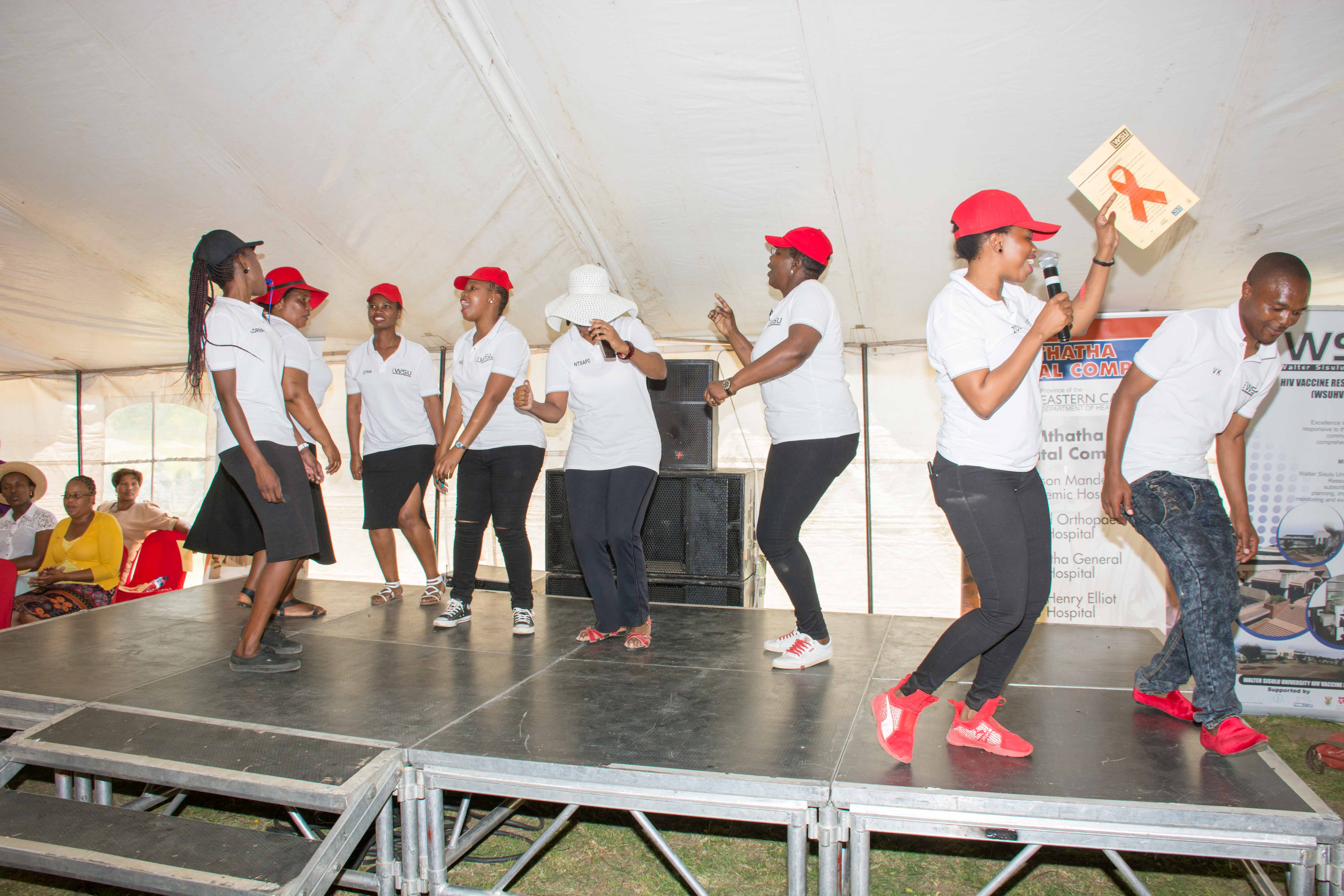 ZolekaMember
ZolekaMemberSocial Media has impacted in a very positive way for me and my team, we are using whatsApp as a reminder for any event and for easy communication.
-
03/22/2017 at 4:57 am #6863
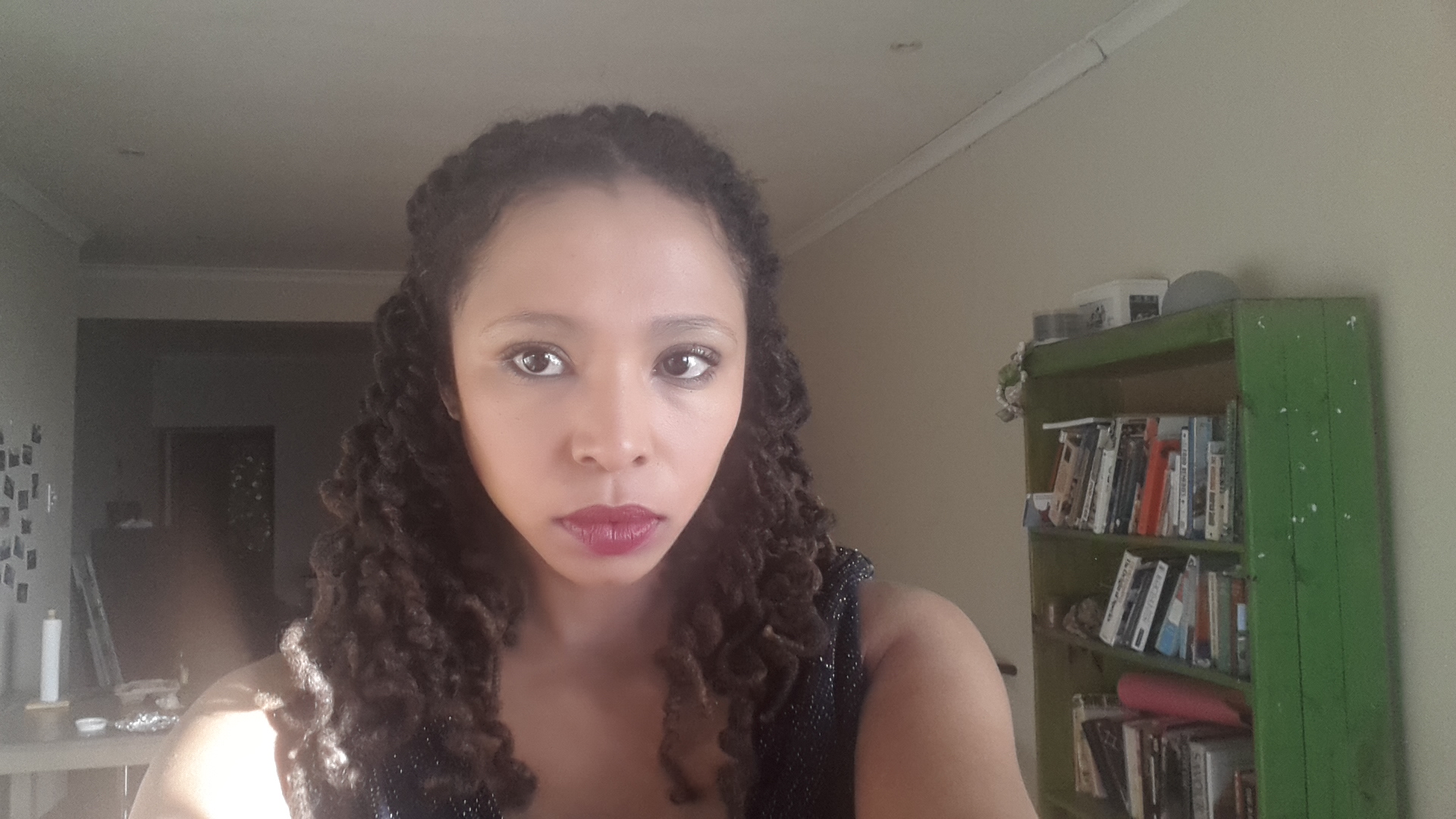 GreerMember
GreerMemberIn my role I have not engaged with social media in a way where we opened up the page for people to comment. In effect we would use it announce new content that would link users back to our website which contained more comprehensive information. What has proven to be quite popular for discussions and social organizing in South Africa has been whatsapp groups. In that sense I have seen groups coming together at national level as representatives in the SANAC Civil Society Forum, to local level for community activists.
Since Anne’s presentation I have started to consider how a platform like facebook can actually open up the discussion to new perspectives and voices that can otherwise be missed if one opts for closed chains of communication. I could see how a communications plan with well developed key messages on which relevant stakeholders and champions have been trained could open up greater participation and correct understanding.
-
03/16/2017 at 4:31 pm #6835
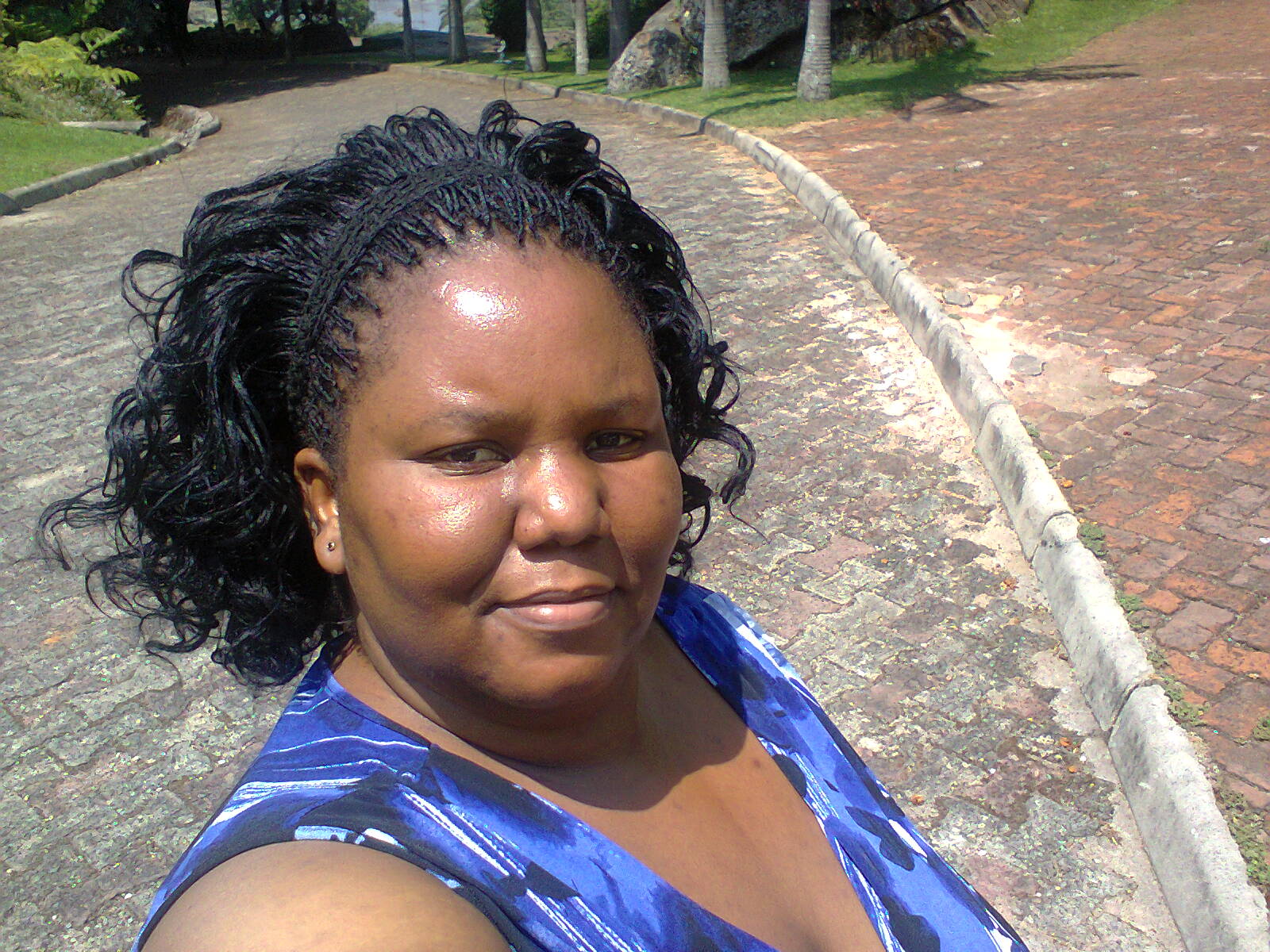 RosemaryMember
RosemaryMemberWell we had a website but even the study staff didn’t use it much. I guess we were not even sure how to manage digital space ! However there was an article in the newspaper that said the Mass Drug Administration of Praziquantel in school children had killed 4 kids. Our study was testing for Bilharzia in school children and when we arrived at one school the villagers had gathered to ask us about the drug. We explained to them that it was the Ministry of Health that was running that programme and we were testing only and not treating. It was an eventful day for us because we had never handled such and issues before. We did not go and develop an issues management plan thought, I guess we were also a bit blank about handling issues.
-
03/15/2017 at 11:33 am #6826
JOYCE
MemberJoyce
March 15, 2017At our site we have never used a social media in communicating about research. But I think this could be the best communication channel in research because it may help the site to learn peoples perceptions concerning trials. The research team will scrutinize the views and incorporate them in planning key messages to the community.
-
03/15/2017 at 10:02 am #6825
 MauriceMember
MauriceMemberSocial media is a powerful means of communication, but not any communication! In the case of scientific research, especially on the HIV / AIDS pandemic, it is prudent to avoid using social media for our communications because people may misinterpret our message. In this case, peaceful communication: publication of an article in a national newspaper, TV, radio, e-mail, remains the noble.
-
03/14/2017 at 1:16 pm #6816
Alicia
MemberAs a Sponsor trial leader I do not use social media such as Facebook or Twitter for my trials. We still use the old style of posters and paper flyers, etc. to spread the word. Also, through approved messages used in t.v. and radio commercials. I would suppose that social media would be a bit more difficult because people can add their opinion to what you are advertising for everyone to see. This is why it is very important to create Communication and Issue Management Plans.
-
03/14/2017 at 12:34 pm #6815
 MmapuleMember
MmapuleMemberAt our site we have been avoiding to go on social media as we are not trained on what to address on social media and again we believe that the danger of social media is that it often transmits false information and can be used to spread damaging and false rumours. We are using only whats app and emails for meetings and sending of information of the links at the conferences and theminutes
-
03/13/2017 at 8:26 pm #6805
 CaleMember
CaleMemberI don’t think my organization has necessarily utilized social media to the fullest extent possible. We have Facebook and LinkedIn pages, but they’re relatively inactive. We communicate with our collaborators largely through email; social media hasn’t had a dramatic impact on our stakeholder engagement efforts. I’d be interested to hear from others about how they use social media to engage with other professional stakeholders.
-
03/11/2017 at 4:23 am #6797
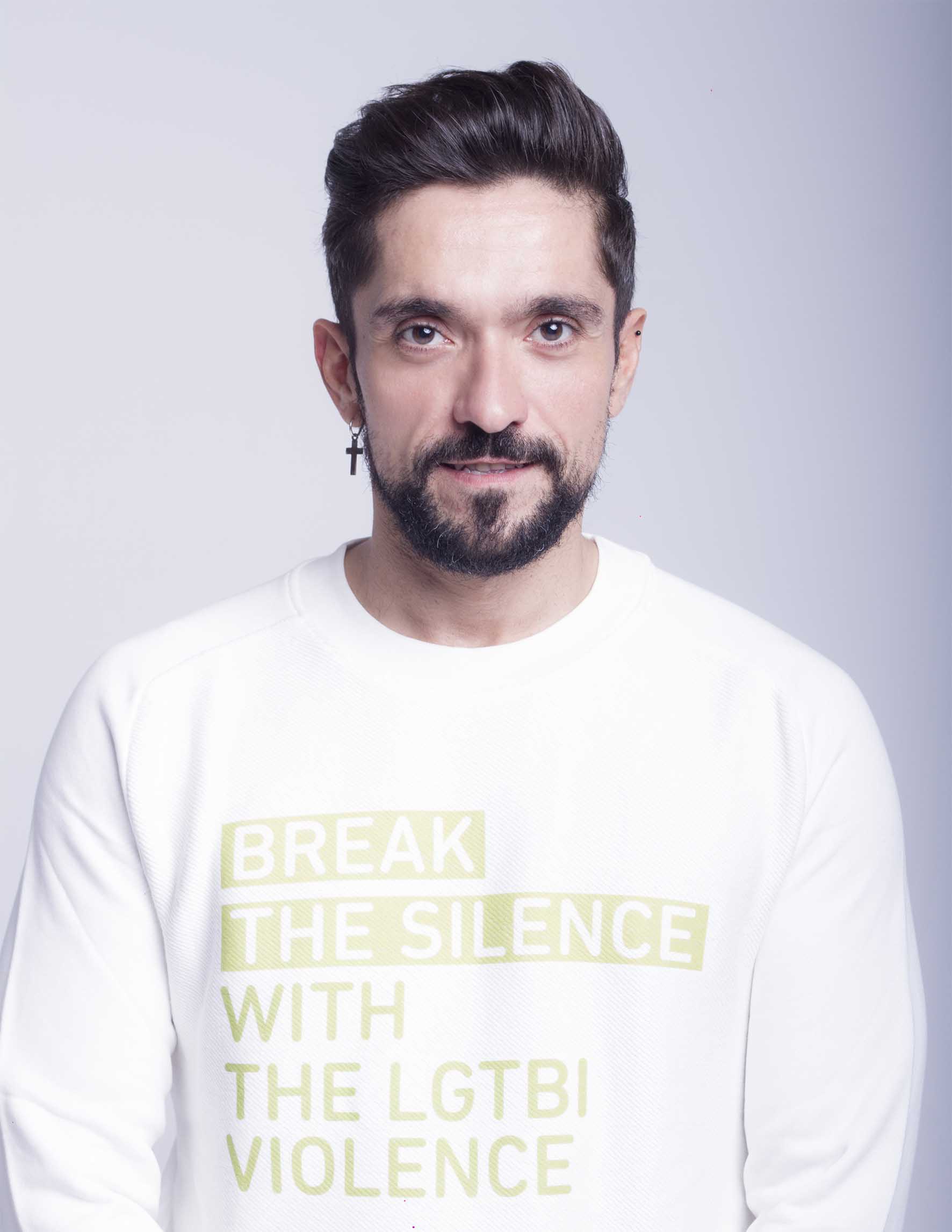 JORGEMember
JORGEMemberWe didn’t implement any research yet, just participate as partners in some of them, but now that we are starting one, we are considering the use of social media in the communication plan.
Usually we are so active in the 2.0 world and we have a strong communication plan for the organization which make us one of the health organizations in the country with more impact, specially in Facebook and twitter.
One of our main concern is about participants’ recruitment and social media. How do you manage a call for participants in social media? Any of you did experience any issue related? Is the right place to publish a call? How this can be understand from some people with trial resistances?
-
05/05/2017 at 7:31 pm #7130
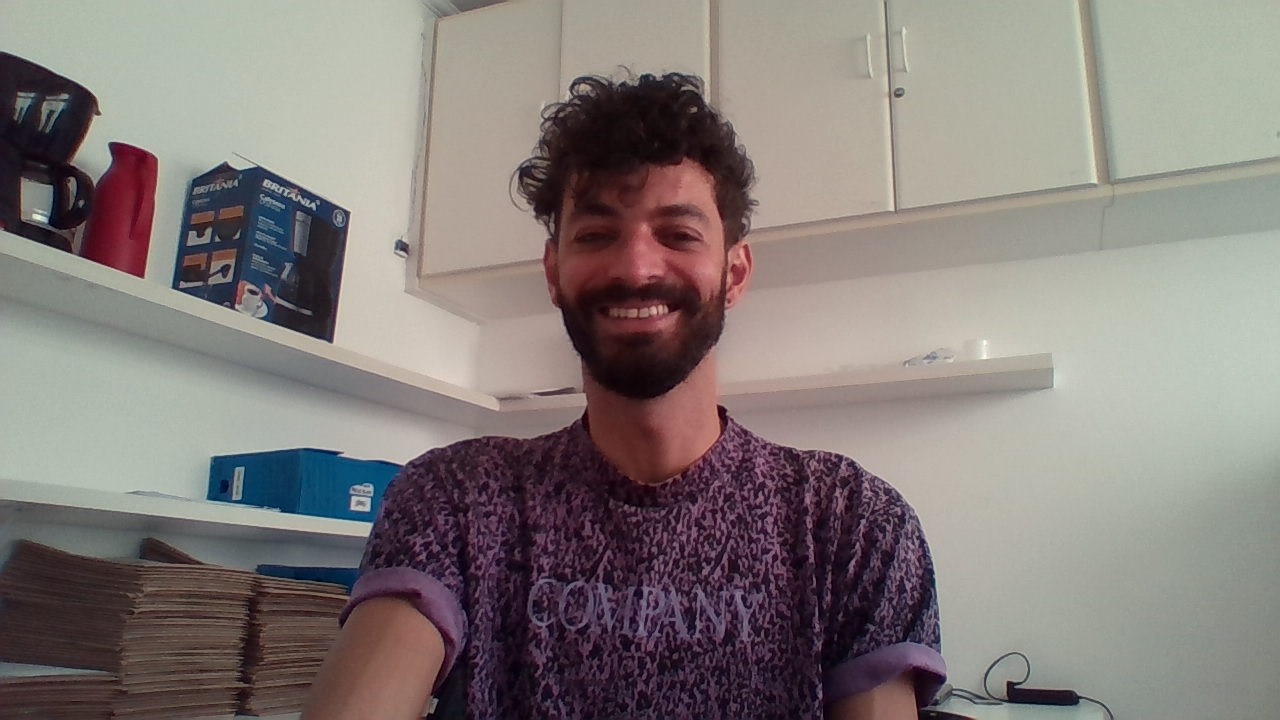 CaruéMember
CaruéMemberAnother research site here in Brazil had issues when announcing in social media recruitment for a biomedical prevention trial for MSM. There were pictures of gay couples and a message based on a call for helping the progress of HIV science. There was a mobilization of people who made negative comments on “associating MSM and HIV”, with an accusing tone. It was not difficult to defend the purpose of the trial against such unfounded allegations, but it was really a source of distress for the team.
-
-
03/10/2017 at 8:43 pm #6794
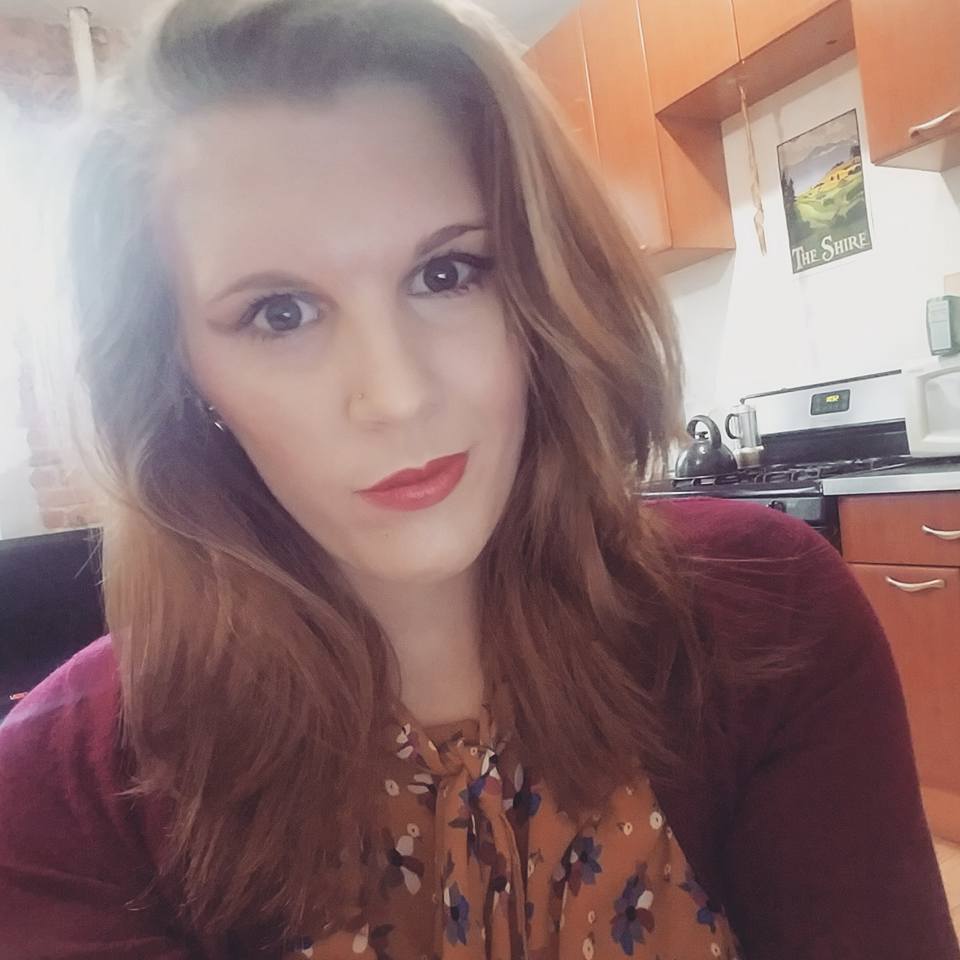 DanaMember
DanaMemberFor TB Alliance, I use Facebook to post about the events that our sponsored community engagement teams do within their respective communities. These posts not only show support to our site level community engagement teams but also they tend to get the most organic amount of likes and comments out of any of our posts on our Facebook page which leads to people reaching out to us not only to learn more about the TB Alliance but also to offer support and ask what they can do to help raise TB awareness within their own communities. Through these posts, we have been able to gain new partners and start discussions in parts of the world we do not customarily have a reach in. Social media has been useful in spreading awareness about TB and TB drug trials and engaging new and different stakeholders with TB Alliance and our clinical trial sites.
-
03/13/2017 at 5:39 pm #6804
 JessicaMember
JessicaMemberThis is really useful information. Social media is a such a great way to reach out to areas you don’t currently have a relationship. Is there a way you capitalize on your social media attention? Do you engage in follow-up events or other advisory mechanisms based on the feedback you get from the Facebook postings?
-
03/14/2017 at 7:44 am #6809
Pamela
MemberWe are just starting to use social media in our site, recently created face book page and we hoping this type of engagement will create debates. Would like to hear from other people what other types of social media platforms have helped in their strategies.
-
03/14/2017 at 7:58 pm #6820
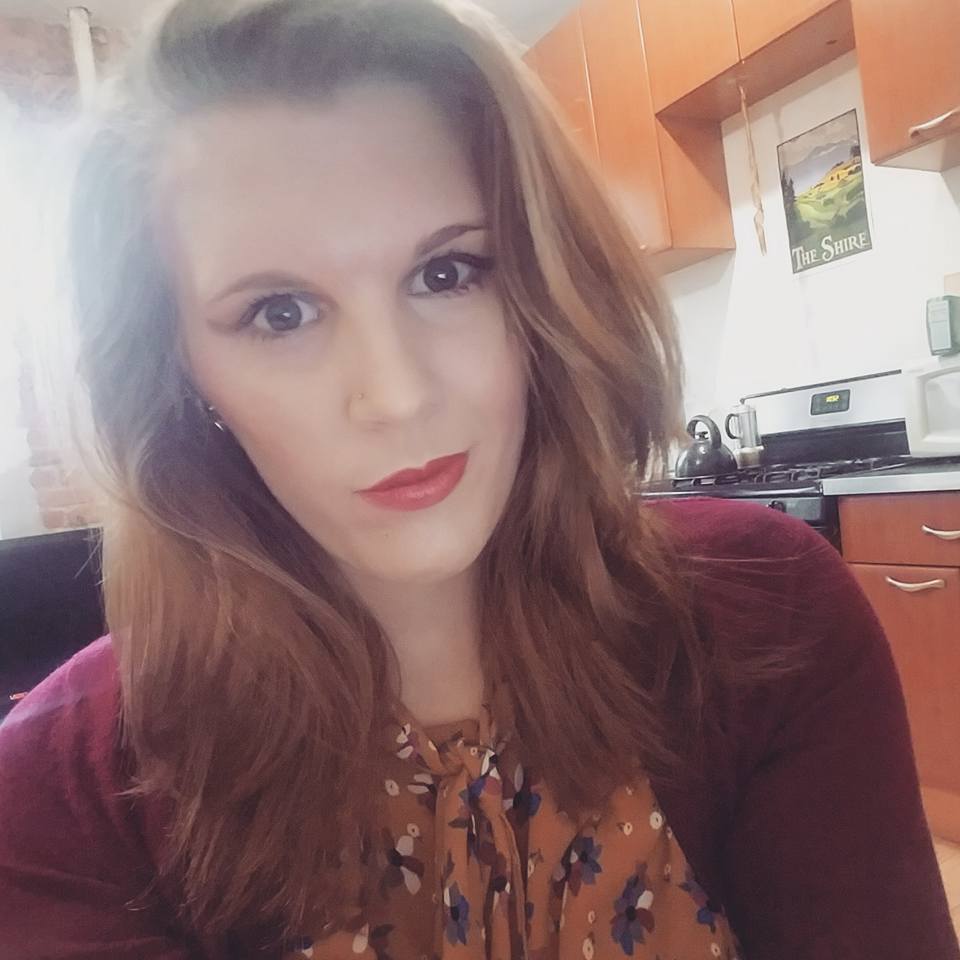 DanaMember
DanaMemberI think having debate and discussion around clinical trial sites is very important for community outreach. Have you started posting on your Facebook page? What kind of articles and discussions do you post on your page? What do you want to get out of the debates on your page?
-
-
-
03/13/2017 at 4:41 pm #6803
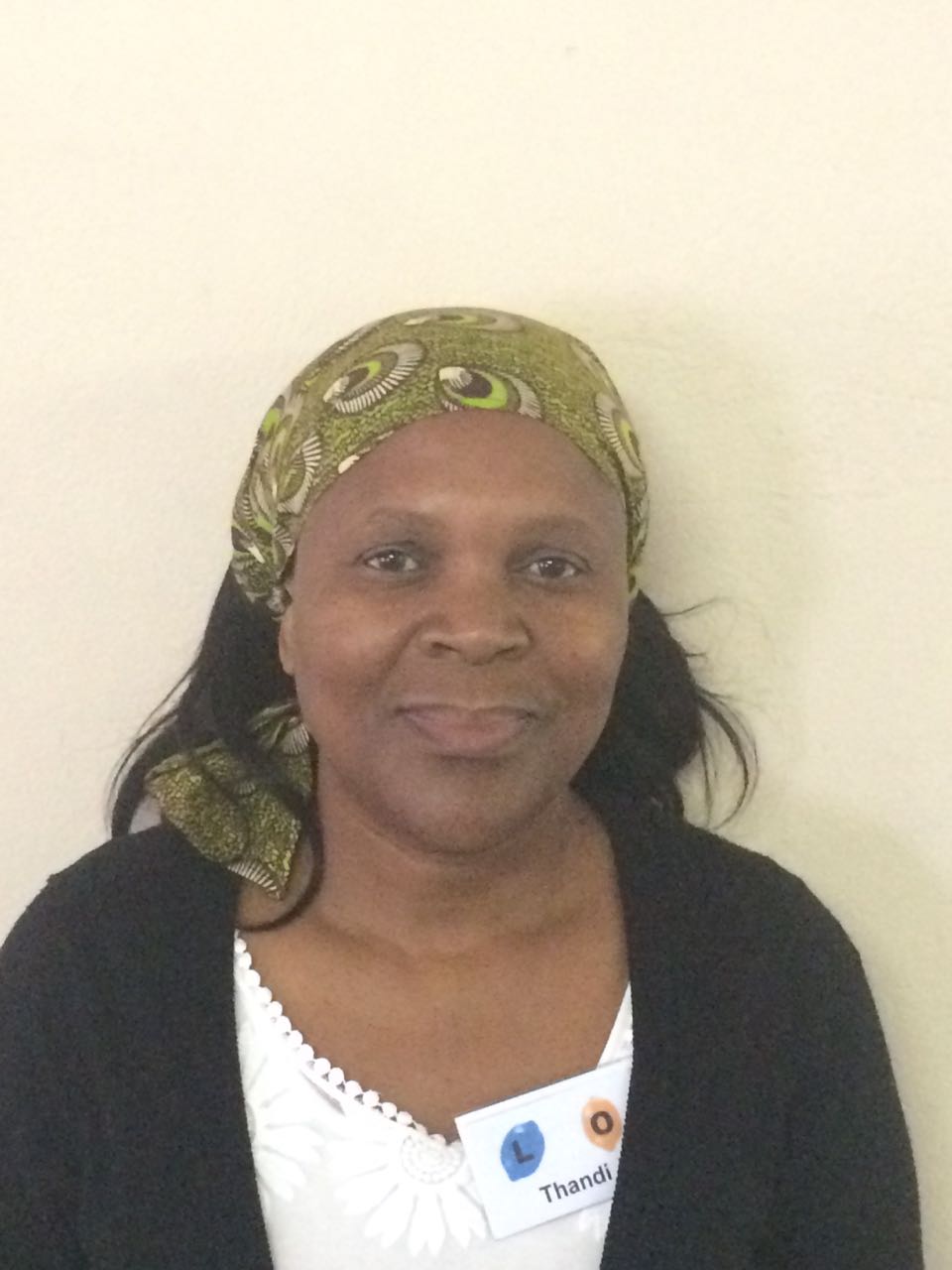 Thandi MarryMember
Thandi MarryMemberSocial media its a very good tool in our work which I think it is helping us to communicate with the stakeholders and we also use it to discuss new development and its helped us to see if community understand the issue if not give information
-
-
-
AuthorReplies
- The forum ‘GPP Discussion Forum_Jan 2017’ is closed to new topics and replies.


